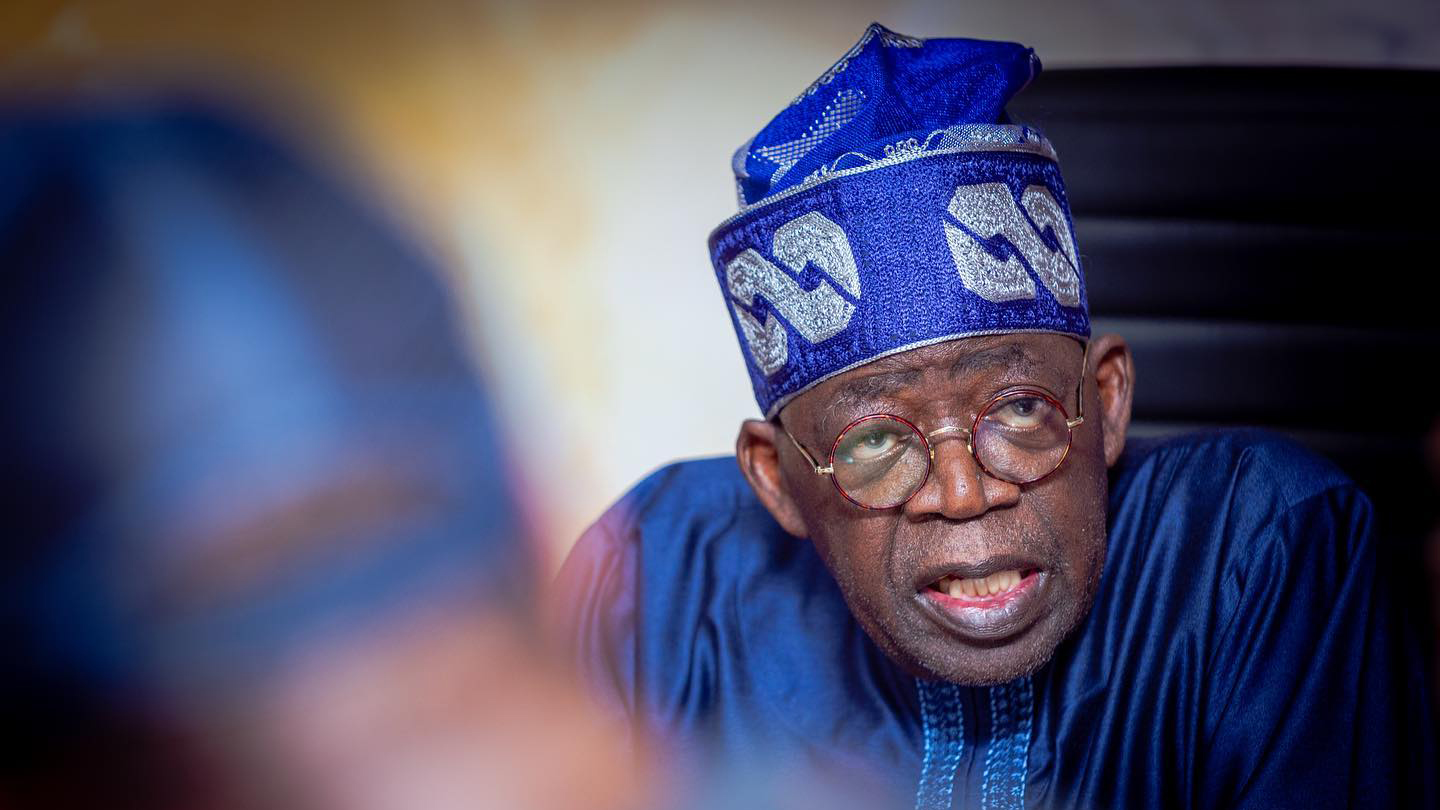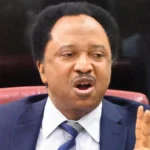The emergence of President Bola Ahmed Tinubu has inspired bigger hopes in his supporters and his latest economic reforms already converting some of his foes into friends. Apparently, President Tinubu is tilting towards neo-liberal or at best free market principles considering the dynamics of his recent reforms and future reforms.
Examining the policy document available in the public domain as prepared by his Policy Advisory Council further confirms that the new administration will befriend free market principles more not as an experiment but as an unconscious ideology.
Free market economy or capitalism simply means an economy where buyers and sellers arrive at prices based only on supply and demand with little or no government intervention.
Practically, there are schools of thought such as neo-liberals or libertarians that support very less interventions of government in the economy and nearly absolute trust in forces of demand and supply even for some public services.
In the Western world where these thinkers thrive, they have recommended reduced government spending on public utilities, subsidies, social security etc for the sake of fiscal stability or encouraging “rugged individualism” in the word of Ronald Reagan, former American President. The ideology gained momentum after the fall of the USSR.
Interestingly, President Bola Ahmed Tinubu had shown in his previous economic reflections on nation-building that he is Pro-Keynesian, impliedly, pro-government interventions.
In 2019, during his 67th birthday lecture, he condemned the VAT increment by the administration of Muhammadu Buhari and empathetically said, “I must say this to Prof Osinbajo and his team, don’t increase VAT but increase tax net to accommodate those who are not yet paying, don’t reduce the people’s purchasing power.” In the same year, his intellectual piece justifying government interventions and economic stimulation policies for a struggling economy was published.
However, the recent economic reforms of the administration seem to be conflicting with the Pro-Keynesian/pro-democratic socialist ideas which President Tinubu previously professed.
The administration in its efforts to address fiscal instability and inherited financial maladministration has introduced pro-neoliberal reforms such as total removal of subsidy on petrol, floating of Nigerian currency, proposed introduction of VAT on diesel import, introduction of student loan scheme to prepare for removal of tuition fees and proposed part removal of electricity tariff subsidy.
Albeit, advised sale of state-owned oil refineries and state-owned oil company (NNPC) as confirmed by Policy Advisory Council members. All these reforms have been justified as the best way to attract foreign investors, encourage the private sector, save/raise public funds for other investments but delayed attention for checking the cost of governance and fraudulent revenue leakages valued over N30 trillion, the reason why the latter has been given secondary priority is guessable.
Obviously, the heaviest burden has been passed to the people who are also the biggest victims of previous poor governance coupled with insensitivity to the plights of the poor and low middle-class who will bitterly endure the foreseen effects of the unguided market principles such as increment in inflation, declining purchasing power, poorer human capital and more unemployment which have been suggested by some as “temporary sacrifice”.
Time will tell if the temporary sacrifice will be worth it or even necessary.
It is true that Nigeria is a country without a definite economic ideology and its political elites have shown to be either indifferent or more fascinated about any Western policy promoted by Western organisations or Western-trained Nigerian technocrats. Many of these technocrats and intellectuals have failed to be strategic or independent-minded enough to appreciate pro-market principles that should be adopted, guided or avoided, everything imported from Western capitalism is perfect for this class.
Unlike the 60s/70s when the political space was more ideological and policies adopted based on ideological consciousness of “democratic socialism, mixed economy, Pan-Africanism, Centre leftism” etc. Market principles or reforms are not bad, they have been serving as modern torches to the past mistakes of capitalism, democratic socialism, socialism or even modern state capitalism thriving in Asia.
However, the market principles must not be blindly adopted in a developing economy and the State must be present and active in a developing economy to guide the market, intervene in the market or even lead the market in some cases. We must be tactical enough to learn from the ideological pragmatism cum careful market-friendly reforms of South East Asian countries and Gulf countries.
Mujib Dada-Kadri, a lawyer and policy analyst, wrote from Abuja [email protected]

 Join Daily Trust WhatsApp Community For Quick Access To News and Happenings Around You.
Join Daily Trust WhatsApp Community For Quick Access To News and Happenings Around You.


